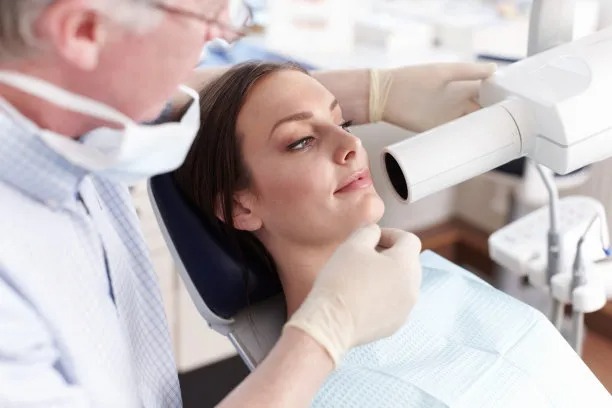Important Precautions You Should Follow Before and After Receiving a Dental Filling for Optimal Oral Health
Summary: Receiving a dental filling is a common procedure aimed at restoring a tooths function and form. However, preparation and aftercare are crucial for ensuring optimal oral health. This article discusses important precautions to take before and after the filling process. It emphasizes pre-treatment planning, dietary considerations post-treatment, oral hygiene practices, and ongoing dental care. By adhering to these guidelines, patients can enhance the effectiveness of their dental fillings and maintain overall dental health.
1. Pre-Treatment Planning for Fillings

Before receiving a dental filling, it is essential to have a thorough consultation with your dentist. This discussion should cover any concerns regarding the procedure, your medical history, and specific symptoms related to the tooth in question. Understanding the filling material options, such as amalgam, composite, or gold, allows you to make informed decisions based on both aesthetics and durability.
Additionally, preparing for the appointment by avoiding certain medications is vital. Blood thinners or anti-inflammatory medications may increase bleeding during the procedure. It’s crucial to consult with your dentist about all medications you are taking and ascertain if you need to pause any beforehand.
Furthermore, arrange transportation if necessary, particularly if sedation will be used during the filling procedure. Having a friend or family member take you home ensures safety and comfort as you may experience numbness or grogginess post-treatment.
2. Dietary Restrictions After Dental Fillings
Your diet plays a significant role in the healing process following a dental filling. Initially, it is wise to avoid eating until the numbness from the anesthesia has completely worn off. This prevents accidental biting of the tongue or cheek, which could lead to injury.
Once you resume eating, steer clear of hard, crunchy, or sticky foods that can stress the newly filled tooth. Instead, opt for soft foods that minimize any pressure on the tooth, such as yogurt, applesauce, or smoothies. This not only promotes comfort but also protects the integrity of the filling as it settles.
Moreover, be mindful of temperature extremes. Hot or cold foods and beverages can cause discomfort and sensitivity in the treated area. Gradually reintroducing foods at varying temperatures will help gauge the tooths response and ensure a smooth recovery process.
3. Essential Oral Hygiene Practices
Continuing to practice excellent oral hygiene is paramount after receiving a dental filling. Begin by brushing your teeth gently around the filling area within a few hours post-treatment to remove any debris. It is crucial to use a soft-bristled toothbrush to avoid irritating the gum tissue surrounding the filling.
Incorporating mouthwash into your routine can further aid in keeping the area clean. An antibacterial mouthwash may reduce the risk of infection at the filling site. However, ensure that the mouthwash does not contain alcohol, as it can cause discomfort on sensitive gums.
Flossing is also essential, but be cautious in the days immediately following your filling. Gently maneuver the floss around the filling to ensure that it does not dislodge or damage it. Regular flossing can maintain gum health and prevent bacteria buildup that could lead to further dental issues.
4. Regular Dental Checkups and Monitoring
Regular dental checkups are vital in maintaining the longevity of dental fillings. Schedule follow-up appointments with your dentist to allow them to assess the condition of your filling and the health of surrounding teeth. Consistent monitoring can help identify any issues early on, ensuring timely intervention.
Additionally, keep an eye on any changes in your tooth sensitivity or discomfort. If you experience pain or sensitivity around the filled area beyond the usual healing time, contact your dentist immediately. This could indicate complications needing prompt attention.
Lastly, maintain a routine of professional cleanings and preventive care. These services not only support the health of your fillings but also play a significant role in your overall oral health. Staying proactive keeps your smile bright and avoids more extensive dental procedures in the future.
Summary:
In summary, proper precautions before and after a dental filling are essential for optimal oral health. Pre-treatment planning, careful dietary choices, diligent oral hygiene, and regular dental visits all contribute to the success of the filling and the overall health of your mouth.
This article is compiled by Vickong Dental and the content is for reference only.



